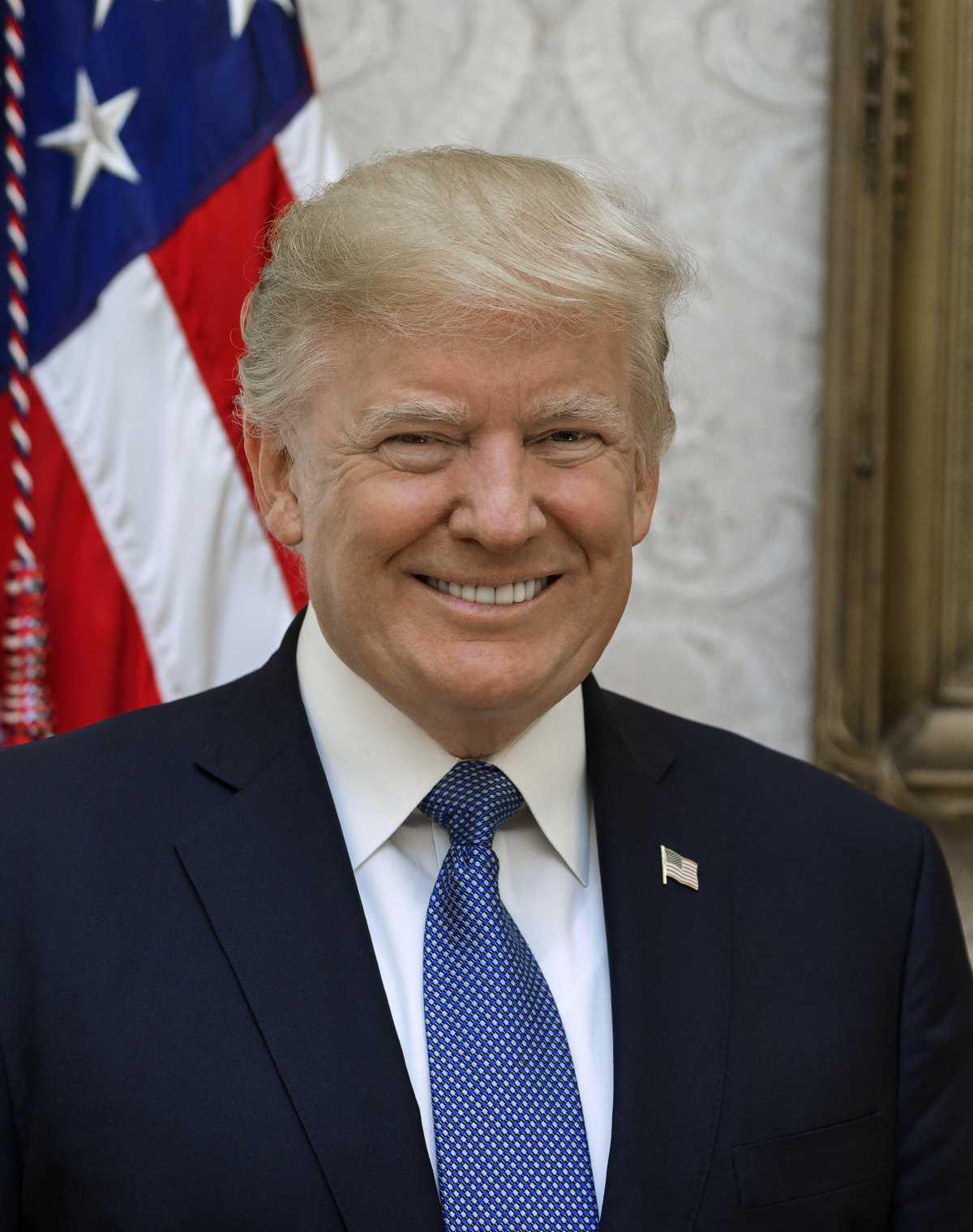Image Credit: National Archives
Washington, D.C.— Former U.S. President Donald Trump recently asserted that his administration's trade diplomacy prevented a potential nuclear war between India and Pakistan.
However, Indian officials have refuted these claims, emphasizing that the ceasefire was a bilateral decision without U.S. mediation.
Key Facts:
-
Trump stated that threatening to halt trade with both nations led to the de-escalation of tensions.
-
India's Ministry of External Affairs clarified that trade was not discussed during the ceasefire negotiations.
-
The ceasefire followed Operation Sindoor, India's military response to a terrorist attack in Kashmir.
The conflict escalated after a deadly terrorist attack in Indian-administered Kashmir, leading to India's military response, dubbed "Operation Sindoor."
This operation targeted militant bases in Pakistan, intensifying hostilities.
In response, the U.S. administration engaged diplomatically, with Vice President JD Vance and Secretary of State Marco Rubio contacting Indian and Pakistani leaders to encourage de-escalation.
Indian officials have consistently maintained that the ceasefire was a result of direct communication between India and Pakistan, without external intervention.
Despite the U.S.'s claims of facilitating the ceasefire, India's government maintains that the resolution was achieved through its own strategic measures.
Indian officials emphasized that trade discussions were not part of the ceasefire negotiations and that the country's decisive military actions were key in bringing Pakistan to the negotiating table.
In a recent statement, Trump claimed, "I think the deal I'm most proud of is the fact that we're dealing with India, we're dealing with Pakistan, and we were able to stop potentially a nuclear war through trade as opposed to bullets."
The divergent narratives between the U.S. and India underscore the complexities of international diplomacy and the sensitivities involved in regional conflicts.
While the U.S. highlights its role in promoting peace through economic means, India asserts its sovereignty and the effectiveness of its military strategy in ensuring national security.
"We can't trade with countries firing missiles," President Trump stated, emphasizing the U.S.'s stance on using economic relationships to influence global peace.
The recent developments highlight the intricate dynamics of international relations, where multiple narratives and strategies converge.
While the U.S. administration credits its trade diplomacy for averting a nuclear crisis, India's emphasis on its military operations reflects a commitment to self-reliance in national defense.
As both nations navigate post-conflict diplomacy, the global community watches closely, hoping for sustained peace and stability in the region.
Do You Know?
The Simla Agreement of 1972 between India and Pakistan emphasizes bilateral resolution of disputes without third-party mediation.
Key Terms:
-
Ceasefire: An agreement between conflicting parties to stop hostilities.
-
Operation Sindoor: India's military operation in response to a terrorist attack in Kashmir.
-
Trade Diplomacy: The use of trade policies and economic relationships as tools to influence international relations and promote peace.
-
De-escalation: The process of reducing tensions and hostilities between conflicting parties to prevent further conflict.


